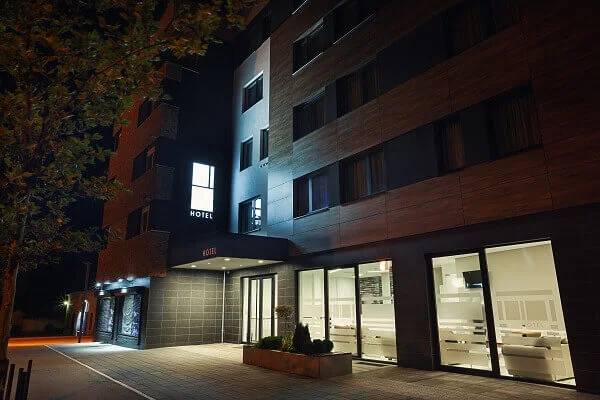In recent years, the California legislature has echoed the state’s strong public policy in fostering access to public and commercial properties by persons with disabilities. In 2012, for example, the legislature passed a bill that codified California Civil Code § 1938. Under that bill, every commercial lease agreement executed on or after July 1, 2013 must contain a provision indicating whether the property being leased has undergone inspection by a Certified Access Specialist (CASp), and, if so, whether the property has or has not been determined to meet all applicable construction-related accessibility standards.
AB 2093 Adds Additional Disclosures in Commercial Leases
Late in 2016, the Legislature passed AB 2093, which amends § 1938 by adding additional requirements. Landlords should alter their business practices in light of the following:
• If the leased premises has not undergone a CASp inspection, or if the property has been altered or modified between the date of an inspection and the date of the lease agreement, the landlord must inform the tenant of its right to request a CASp inspection. Special language for this purpose is now contained in Cal. Civ. § 1938(e).
• If the landlord has obtained a CASp inspection report that indicates the premises meets applicable construction-related accessibility standards, the landlord must also provide the tenant with a copy of the report within seven days following the execution of the lease.
• If the landlord has obtained a CASp inspection report that indicates there is a need for modifications or repairs, the landlord must provide the CASp report to the tenant prior to the execution of the lease agreement. If the report is not provided to the tenant at least 48 hours prior to lease execution, the tenant may rescind the lease agreement within 72 hours after lease execution.
Delivery of the CASp report by the landlord to the tenant or prospective tenant may be conditioned upon the latter’s covenant to keep the contents of the report confidential.
AB 2093 Presumes Responsibility for Repairs Remains With Landlord
Under the amended version of Cal. Civ. § 1938, any repairs or modifications necessary to correct violations shown in the CASp report are presumed to be the responsibility of the landlord. The landlord or tenant may specifically agree otherwise, of course.
Landlords Are Not Required to Obtain CASp Reports
Passage of AB 2093 does not change existing law with regard to the need for commercial landlords to secure CASp inspections and reports. Such inspections still are not required.
Prospective Action Needed by Many Commercial Landlords
In order to be in compliance with the new law, California commercial landlords should immediately review current lease agreements and determine if they are in line with the new requirements. Lease agreements should clearly indicate which party is responsible for any repairs or modifications to the premises that are made necessary in the event that the leased property is determined to be in violation of accessibility standards.
Commercial Real Estate Leasing Calls for Experienced Legal Counsel
The law firm of CKB VIENNA LLP has provided both legal and business consultation to commercial landlords for years. We have reviewed and drafted all types of commercial leases and have assisted both landlords and prospective tenants in assessing and managing the risks associated with the letting and renting of commercial real estate. If commercial disagreements arise, our firm is also skilled in all forms of litigation. Our attorneys provide preventive training and offer guidance designed to avoid the consequence and cost of litigation. CKB VIENNA has offices in Rancho Cucamonga, San Bernardino, and Los Angeles. Contact us by telephone – 909.980.1040 – or complete our online form.

